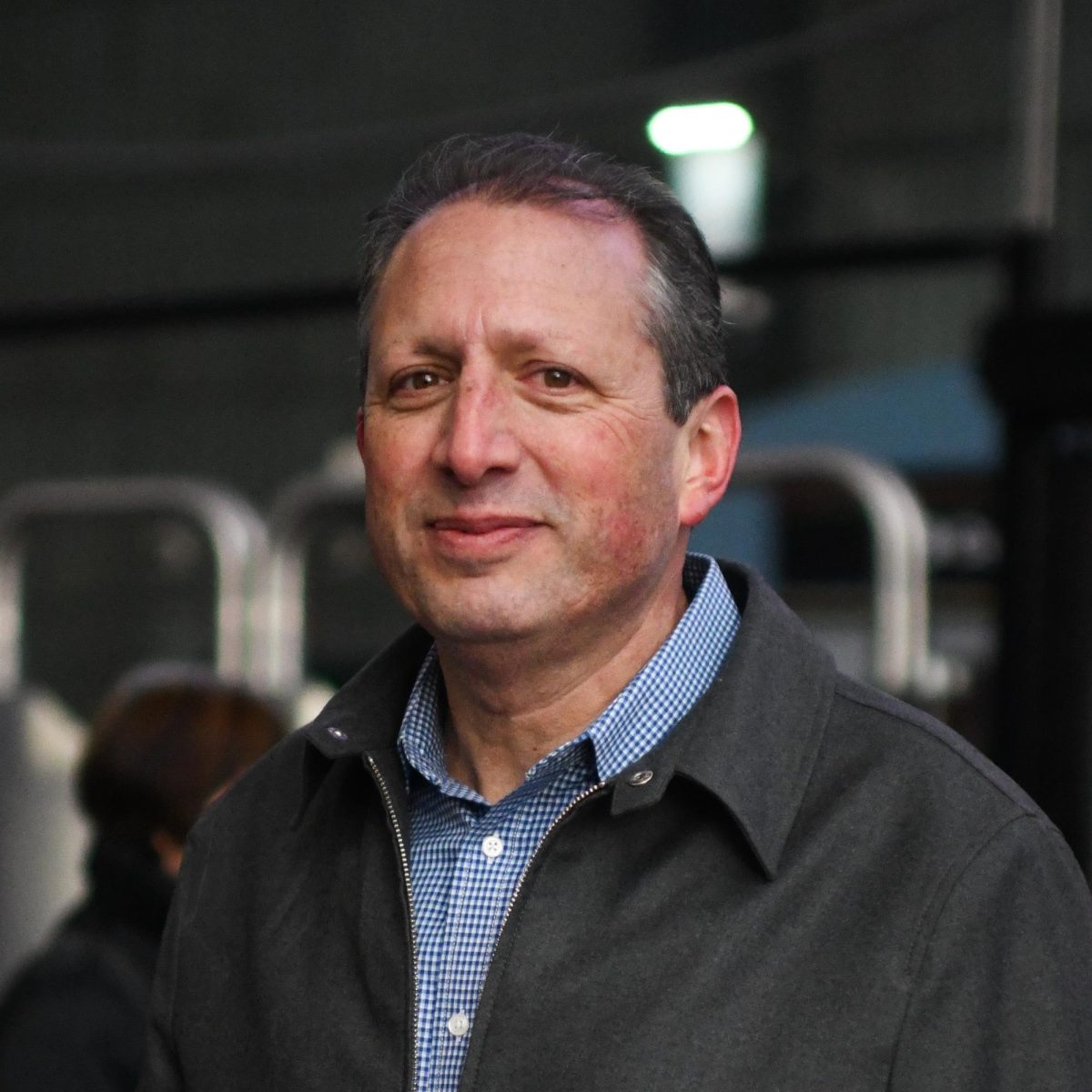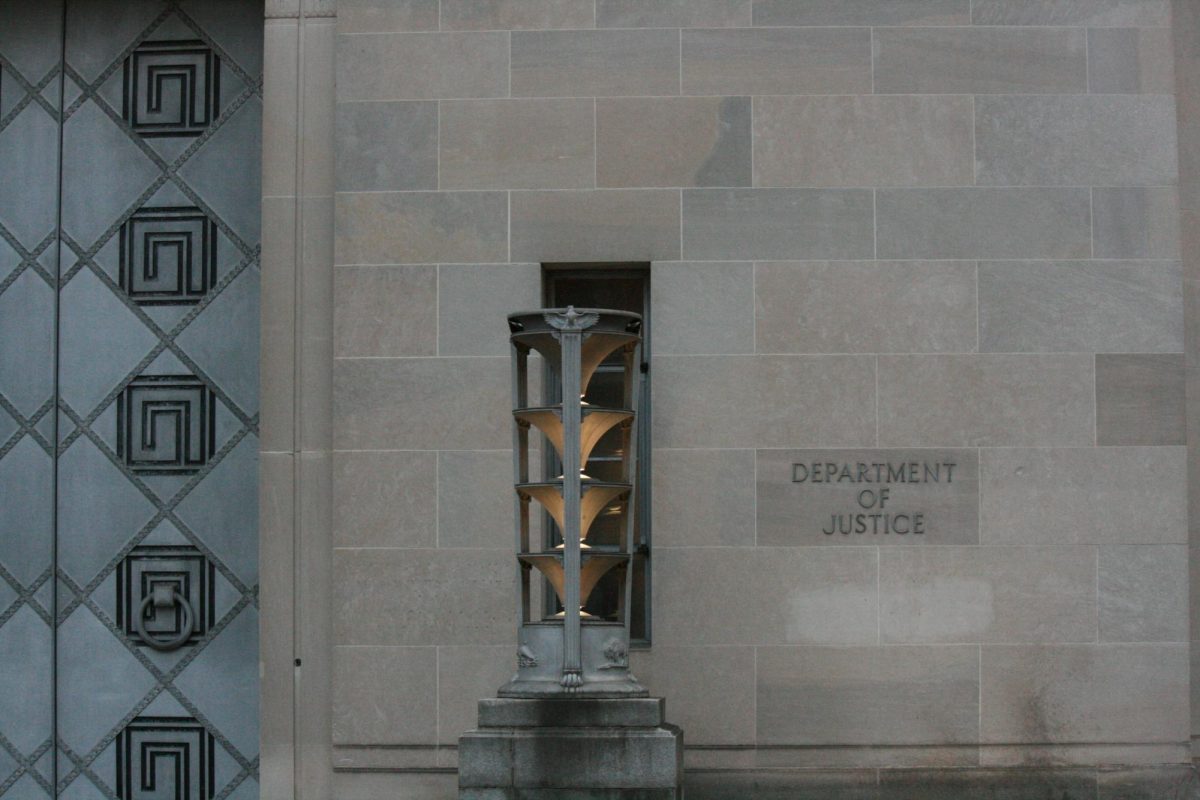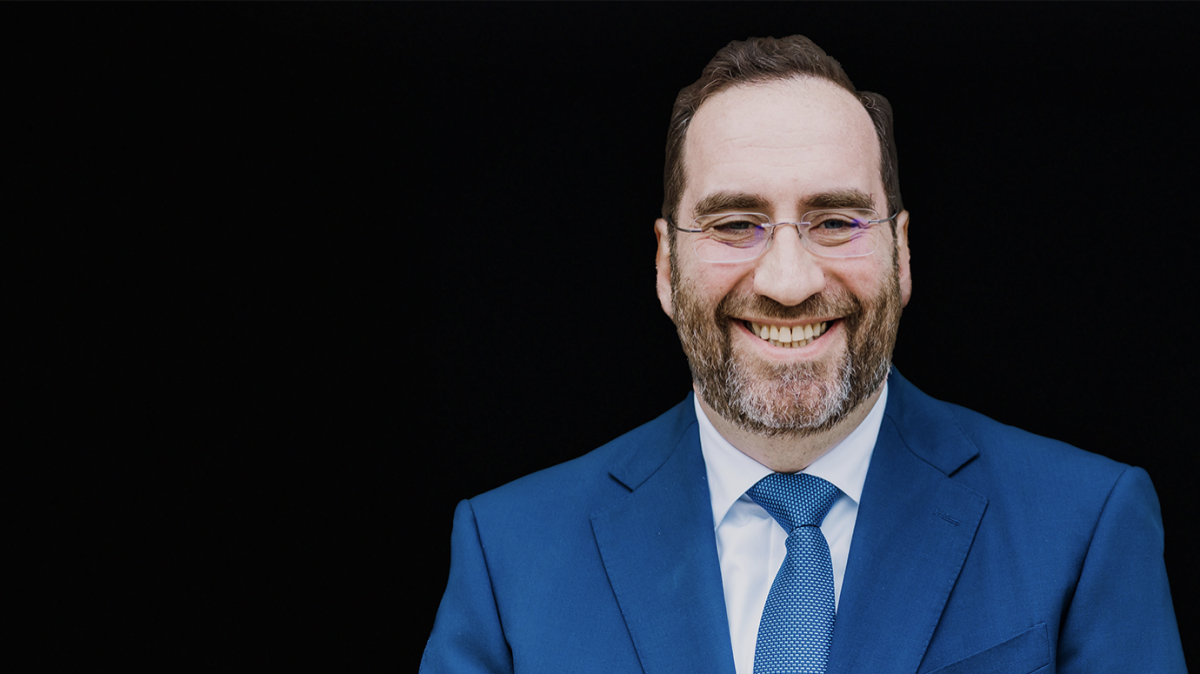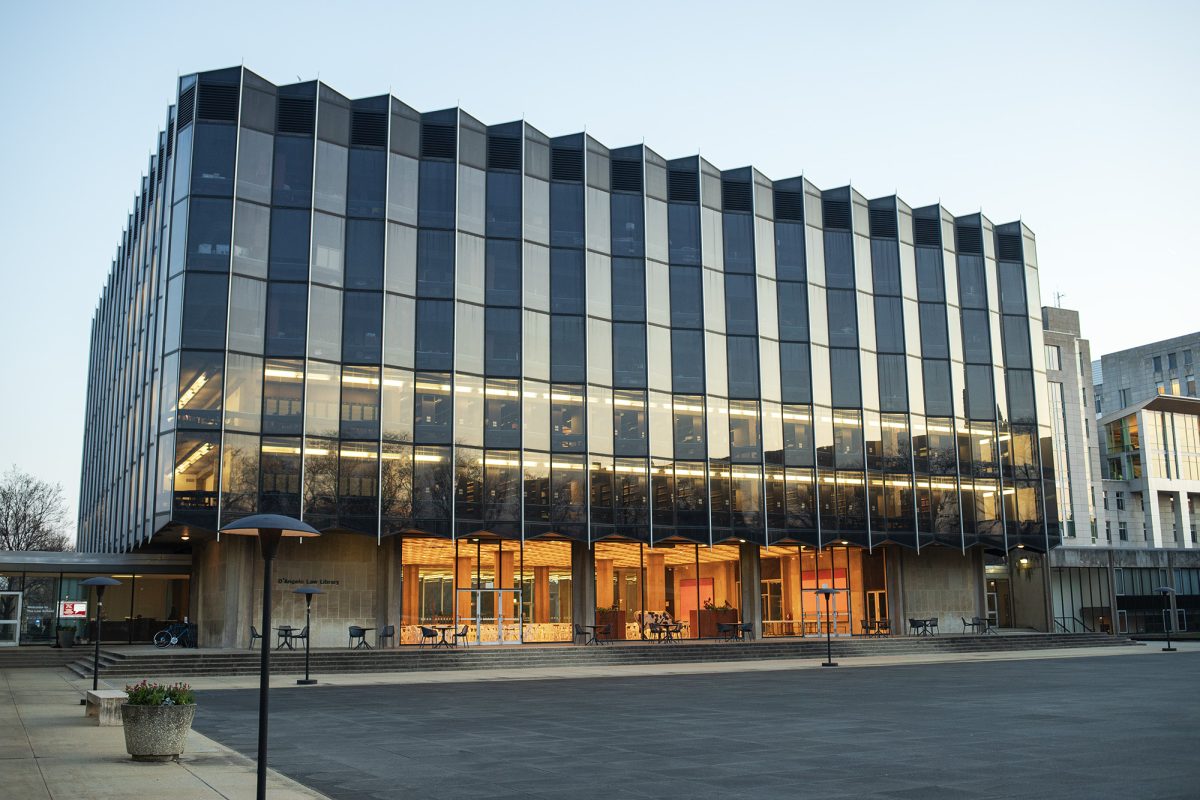In light of recent U.S.–China tensions, University President Robert Zimmer sent an all-University e-mail on Monday morning in which he stressed UChicago’s ongoing commitment to supporting international students and academics.
“I write to reaffirm the University’s unwavering commitment to welcoming and supporting people of all backgrounds and nations,” Zimmer’s e-mail reads.
Without citing specific occurrences, Zimmer’s statement gestures at “recent developments impacting U.S.-China relations.” The full e-mail can be read below.
The e-mail comes in the wake of escalating tensions in a U.S.–China trade war that began with restrictive tariffs but has expanded to include other retaliatory measures—most recently including warnings by the Chinese government that could restrict the flow of Chinese students to the United States.
Last week, China’s Ministry of Education issued a statement that warned students considering studying in the U.S. to “make appropriate preparations” for a climate that is increasingly hostile to Chinese students, specifically referring to the growing difficulty of obtaining a visa. The statement urged prospective students to carefully assess potential risks.
“For some time, some of the visas for Chinese students studying in the United States have been restricted, with the review period extended, the period of validity shortened and the refusal rate increased,” the ministry wrote in a statement published last Monday by Xinhua, a state-run news agency.
Full tuition–paying Chinese students are a major source of revenue for many U.S. colleges, and the Chinese government’s warning has put academic institutions on edge.
On the same day Xinhua published the Ministry of Education’s statement, Zimmer was visiting China. He toured Wuhan University, a prestigious university in Hubei province, and in an interview with Xinhua, made comments similar to those in today’s e-mail, reaffirming that the University’s commitment to academic exchange would be sustained despite “any particular issue going on in the world.”
Zimmer’s letter follows similar statements by other university presidents—several of which have more explicitly addressed emerging political tensions. Yale University president Peter Salovey late last month reaffirmed Yale’s support for international students in an open letter.
Salovey also wrote that he is working with other presidents of universities in the Association of American Universities (AAU) “to urge federal agencies to clarify concerns they have about international academic exchanges.” The University of Chicago is a member of the AAU.
To: Members of the University Community
From: Robert J. Zimmer
Subject: International Scholarship
Date: June 10, 2019
Given recent developments impacting U.S.-China relations, along with questions about the nature of interactions between scholars in the U.S. and other countries, I write to reaffirm the University’s unwavering commitment to welcoming and supporting people of all backgrounds and nations.
Free and open inquiry is a fundamental feature of our research and education environment. Openness to ideas from around the world and providing a home to and collaborating with international students and scholars has long been and continues to be a guiding principle at the University of Chicago. This enhances all our education and research efforts and enables the University to fulfill its highest aspirations. It is fundamental to what makes our University a strong and successful intellectual destination. As with all fundamental values, it must be upheld in times of challenge.
We are monitoring these issues closely and, in keeping with the framework of laws and regulations, will continue to work with our community and external partners to address any concerns. Thank you for your contributions to ensure the University remains welcoming of all backgrounds and that the University can achieve its greatest ambitions in research, education, and impact.
If you have questions concerning research partnerships and the University’s international collaborations, please contact the Office of the Vice Provost for Research.








